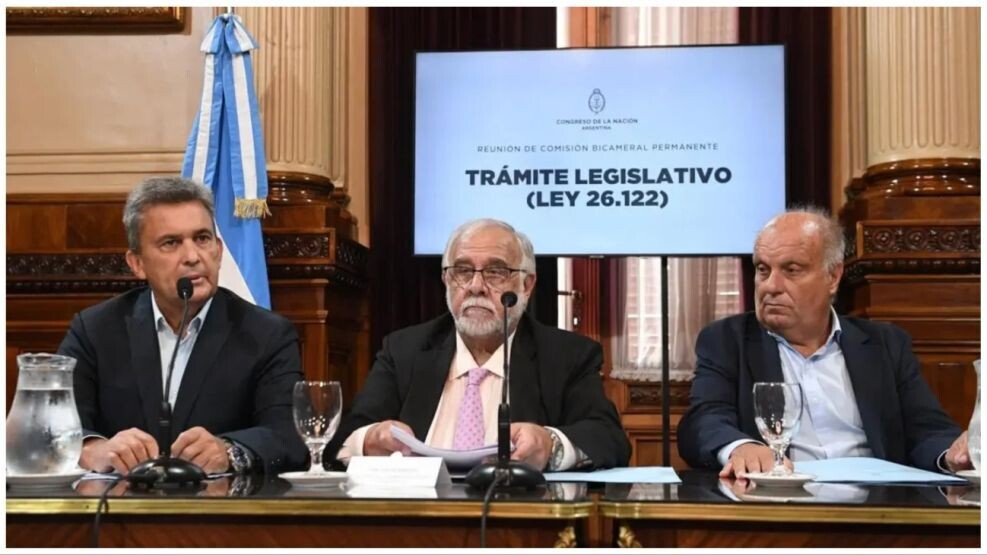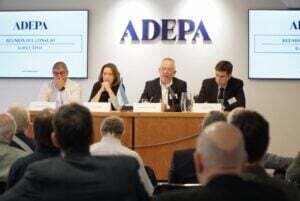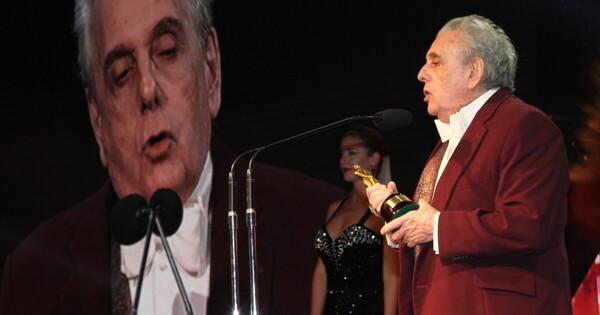
The opposition and the government are embroiled in a dispute over control of the commission and the future of indebtedness. The national government seeks the approval of the Decree of Necessity and Urgency (DNU) 179/25, which would allow for a new credit with the International Monetary Fund (IMF) at a critical time.
In Congress, the fight for the presidency of the commission pitted the ruling party, which wanted to keep Senator Juan Carlos Pagotto, against the opposition, which proposed Deputy Nicolás Massot. This disagreement led to the blocking of the presence of important officials such as the Minister of Economy, Luis Caputo, and the President of the Central Bank, Santiago Bausili, requested by the opposition.
The ruling party needs at least nine signatures in the bicameral commission to advance with the decree's report. Otherwise, in the event of a tie, the president of the commission, Oscar Zago, would have the option to use his double vote to decide.
Amid strong political tensions, the opposition hardened its stance and expressed its rejection of the decree by sending a letter to the IMF. However, if Senator Francisco Paoltroni supports the ruling party, a majority report would be achieved.
To strengthen the defense of the DNU, the ruling party called three key officials and a complicated initial vote was triggered, which ended in a tie. Ultimately, an unexpected agreement was reached with the election of Deputy Oscar Zago as president of the commission, backed by several political sectors.
Uncertainty prevails in Congress due to internal divisions and the pressure of time and public opinion. The outcome of this dispute will be decisive not only for Argentine indebtedness but also for the balance of political forces.
In the Chamber of Deputies, the ruling party faces the challenge of securing the quorum and the necessary votes to approve the decree. Approval is expected to occur before noon on Wednesday, allowing for progress with the new IMF credit and consolidating the government's economic strategy.













